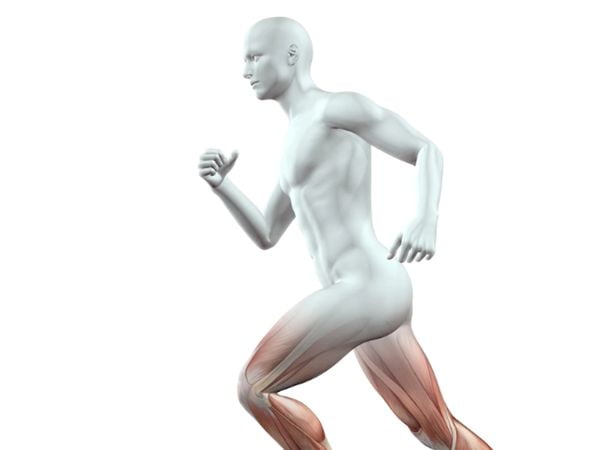Early Warning Signs and Symptoms
Early warning signs and symptoms are crucial indicators of potential health issues that require attention from medical professionals.
These signs and symptoms can be subtle or overt, but it is essential to recognize and act on them quickly.
In many cases, early detection of a health issue can improve the chances of successful treatment and positive outcomes.
In this blog post, we will discuss common early warning signs and symptoms that you should know and how to respond effectively.
Understanding Early Warning Signs
Early warning signs are physical, behavioral, or emotional cues that indicate a potential health issue.
These signs can be acute or chronic and may vary depending on the underlying condition.
As a general rule, early warning signs are typically the first indicators that something may be amiss.
If left untreated, the condition can worsen over time, leading to more severe symptoms and potentially life-threatening complications.
It is essential to recognize and respond to early warning signs quickly.
Many health conditions are treatable if detected early, but the longer you wait to seek help, the more challenging it may be to manage effectively.
Common Early Warning Signs and Symptoms
There are many early warning signs and symptoms that you should be aware of.
Some of the most common ones include:
Fatigue
Fatigue can be an early sign of several health issues.
Chronic fatigue may indicate anemia, thyroid problems, diabetes, or heart disease.
Unexplained Weight Loss or Gain
Sudden weight loss or gain can be a sign of an underlying health condition.
Unexplained weight loss can be a symptom of cancer, Crohn’s disease, or a thyroid problem, while rapid weight gain can be a sign of heart disease, kidney disease, or diabetes.
Change in Bowel Habits
Any change in bowel habits, such as constipation, diarrhea, or blood in the stool, should be evaluated by a physician.
These changes can be symptoms of colon cancer or inflammatory bowel disease.
Shortness of Breath
Shortness of breath can be an early warning sign of asthma, heart disease, lung cancer, or a blood clot.
Chest Pain or Pressure
Chest pain or pressure can be a symptom of several serious conditions, including heart attack, pulmonary embolism, and lung cancer.
Skin Changes
Changes in the skin, such as a new mole or an unusual growth, can be a sign of skin cancer.
Persistent Pain
Persistent pain, including headaches, back pain, and joint pain, can be an early warning sign of several health issues.
Responding to Early Warning Signs
If you experience any of the above early warning signs or symptoms, it is crucial to seek medical attention promptly.
Early detection and treatment of health conditions can significantly improve your outlook and quality of life.
When responding to early warning signs, keep these tips in mind:
- Don’t ignore early warning signs or hope they will go away on their own.
- Keep track of your symptoms and when they occur.
- Be prepared to describe your symptoms in detail when you meet with your healthcare provider.
- Ask questions about your diagnosis and treatment plan.
- Follow your healthcare provider’s advice and treatment plan closely.
In many cases, early detection and intervention can improve outcomes and minimize complications.
Don’t hesitate to seek medical attention if you experience any early warning signs or symptoms.
Conclusion
Early warning signs and symptoms are critical indicators that something may be amiss with your health.
Learning to recognize these early signs can help you take action quickly and seek medical attention promptly.
Remember, early detection and intervention can significantly improve your outcomes and promote a healthier life.
Be mindful of your body, and don’t ignore any changes you experience.
Seek help when necessary, and work closely with your healthcare provider to manage your conditions effectively.





